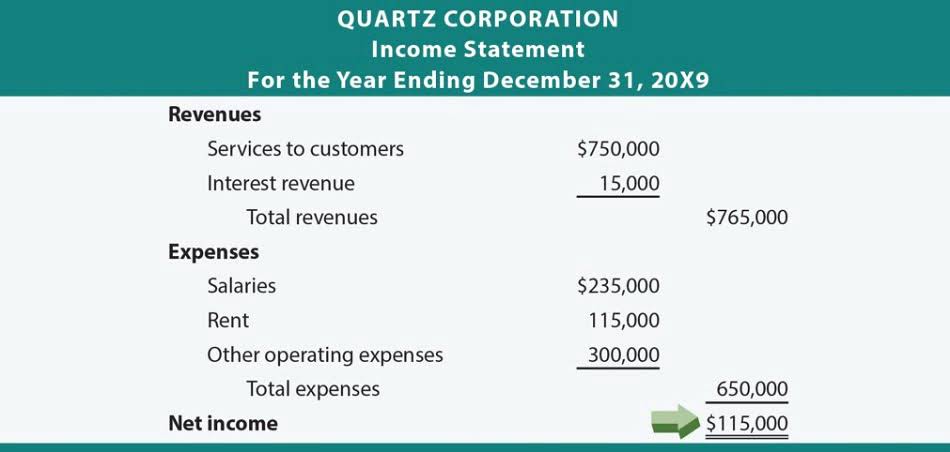
Many real estate businesses must remember to include these numbers in their real estate accounting procedures. In this short article, you’ll learn the fundamentals for taking control of the accounting side of your real estate business. We hope this short guide gives you the tools to make an informed decision regarding your real estate business’s accounting practices.

Real Estate Accounting Guide to Financial Controls
You must comply with how your county, city, or state regulates real estate income, such as state tax obligations or business license requirements. Schedule a monthly meeting to review your incoming cash and outgoing expenses. If the numbers are off track, this regularity allows you to pivot and track down errors in your accounts without huge time lags.
Best Real Estate Accounting Software of 2024
Advanced software solutions offer features for data security, ensuring stakeholder trust. Accurate data security drives stakeholder trust and business success. Data transfer between platforms should be seamless for efficiency. Advanced software solutions offer features for seamless data transfer.
Recording Property-Related Transactions
Real estate agents use many technologies to run their businesses and interact with clients. For example, marketing technology used by real estate agents include website builders, video creation tools and email marketing software. Real estate accounting software should offer key basic features, such as the ability to accept online payments, send invoices, figure tax deductions and track expenses. However, different real estate professionals need different added features. To get ahead, consider investing time in learning about Landlord Studio property management and accounting software.
- Real estate accounting software often offers features to streamline this process.
- Leveraging financial data is crucial for this decision-making process.
- For real estate professionals, optimizing investment returns is a core skill.
- Real estate accounting software should offer key basic features, such as the ability to accept online payments, send invoices, figure tax deductions and track expenses.
- Utilizing financial forecasts, analyzing profitability ratios, and evaluating market trends are essential for making informed decisions.
- Real estate accounting offers tools to track these expenses and optimize returns.
- Furthermore, involving key stakeholders in these sessions can ensure alignment and collective decision-making.
- Real estate accounting is a specialized branch of accounting that focuses on managing the financial transactions related to a real estate business.
- Your accounting system will ask for a copy of the invoice and the expense category, then do the rest.
- This section explores the strategies to streamline real estate accounting.
- Finding an accountant to manage your bookkeeping and file taxes is a big decision.
For real estate professionals, eliminating bottlenecks is crucial. Accurate bottleneck elimination drives efficiency and ensures that accounting processes remain smooth. Customization real estate accounting services in accounting software allows businesses to tailor features to their needs. Personalization ensures that the software aligns with specific business strategies.
In the dynamic world of property and investment, many real estate professionals often underestimate the significance of structured accounting and bookkeeping. This oversight can lead to missed opportunities, mismanaged funds, and even regulatory complications. The meticulous accounting work, including real estate specific nuances, forms the backbone of a successful property business. It ensures that financial documents are accurate, transparent, and readily available for informed decision-making.

Regular audits, reconciliations, and training are crucial for this accuracy. Real estate transactions are multifaceted, with each transaction having its nuances. Ensuring accurate financial data amidst these complexities is a challenge. Real estate professionals must be adept at navigating these intricacies to ensure financial transparency. Real estate accounting caters to a broad audience, each with distinct needs.
Everything to Run Your Business
- Training sessions and workshops further enhance their analytical skills.
- Mastering the basics of real estate accounting is essential for the success of any real estate business.
- Accurate showcasing ensures that businesses present their achievements effectively.
- This is important if you need to make adjustments to hit your targets.
- For agents and brokers, real estate accounting allows them to gain better insight into their business’s health by having access to a full picture of their cash flow in one centralized system.
- Convinced that this software could revolutionize their accounting practices, Emily presented her findings to the me and my management team.
Understanding the basics of real estate accounting is essential for property managers, investors, and professionals in the field. Key components include tracking rental income, expenses, depreciation, and tax implications. Regularly reviewing and analyzing financial reports is also essential. By regularly monitoring financial reports, you can identify areas of concern, spot trends, and make data-driven decisions. This includes assessing the profitability of rental properties, evaluating the performance of investments, and analyzing the overall financial health of your real estate business.

Önceki Yazılar:
- 1win Giriş Güncel 1win En Child Mobil Site Adresi 202
“cbet Gg 2024 Análise Do Site Elizabeth Bônus De Boas-vindas Hoje - Aviator Mostbet Ücretsiz Veya Gerçek Paralı Oyun
- 1вин Игровые Слоты Казино Играть Бесплатно Без Регистраци
- What Is Smoke Testing? An Essential Guide With Examples
Sonraki Yazılar: